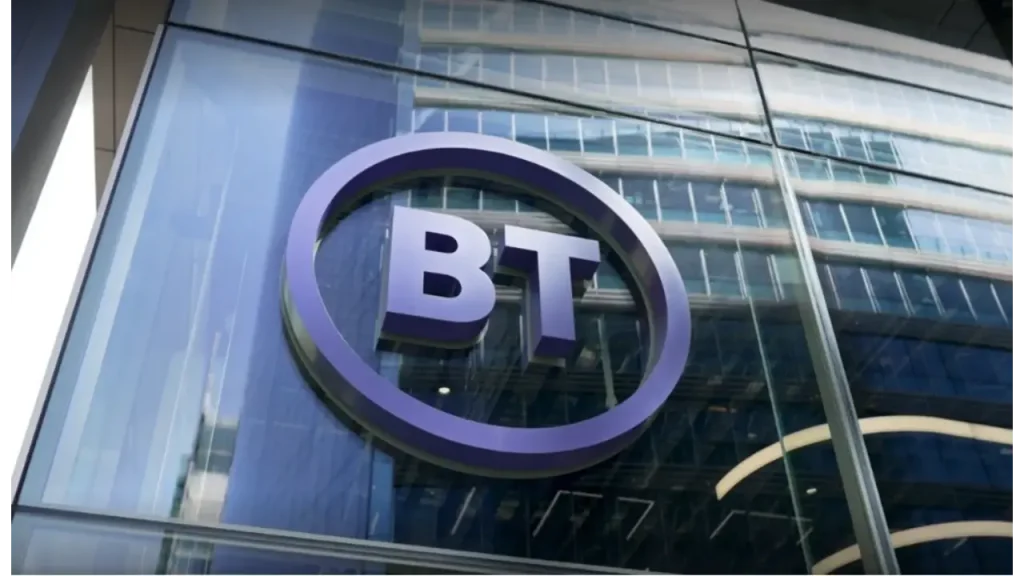• The Radianz unit generated around £142 million in revenue in FY 2024–25 and was acquired by BT from Reuters in 2005 for US$175 million.
• The sale to TNS strengthens the latter’s low-latency trading infrastructure business and marks another step in BT’s international divestment strategy.
What happened:The deal and its details
BT Group has formally entered into an agreement to sell its Radianz business to Transaction Network Services (TNS), a US-based provider of ultra-low-latency trading infrastructure and market data services. The Radianz unit—originally acquired from Reuters in 2005 for approximately US$175 million—provides secure, high-performance connectivity between brokers, exchanges and financial institutions across global capital markets.
In the financial year 2024–25, Radianz generated revenue of about £142 million. BT says the sale supports its strategic pivot to concentrate on domestic UK business while reshaping its international operations under the leadership of CEO Allison Kirkby.
Also Read: Adapture and Meta ink Game-Changing solar pact
Also Read: Vodacom Congo: Expands access with solar and inclusive tech
Why it’s important
This divestment is the latest in a broader programme of international contraction by BT. In recent months, the company has wound down or sold its wholesale and enterprise arm in Ireland (to Speed Fibre Group), its data-centre assets in Ireland (to Equinix), and its Italian operations (to Retelit) . BT has also carved out a standalone international unit—which observers suggest may be preparation for further strategic options including partnership, sale or spin-off.
For Radianz customers, the acquisition offers continuity and potentially enhanced global reach under TNS. Tom Lazenga, General Manager of TNS Financial Markets, said clients will benefit from “the combined suite of services” and TNS’s industry-leading platform. The consolidation also reshapes the competitive landscape in financial connectivity, positioning TNS as a more formidable global provider alongside others such as IPC Systems, BSO and regional operators.

